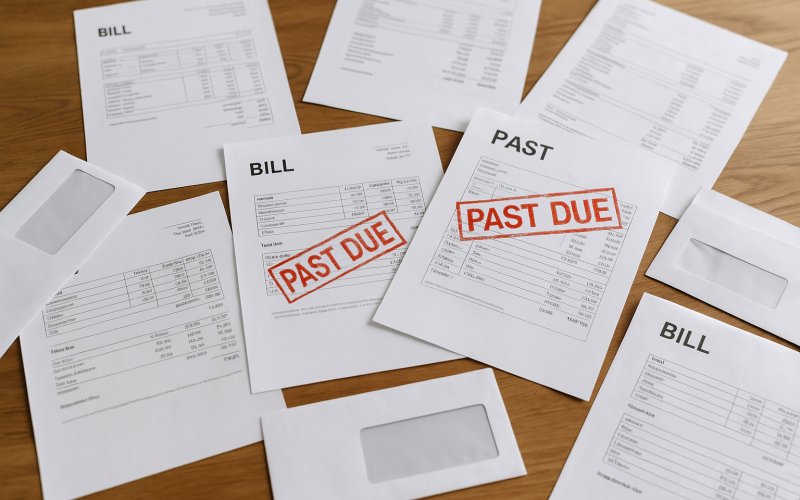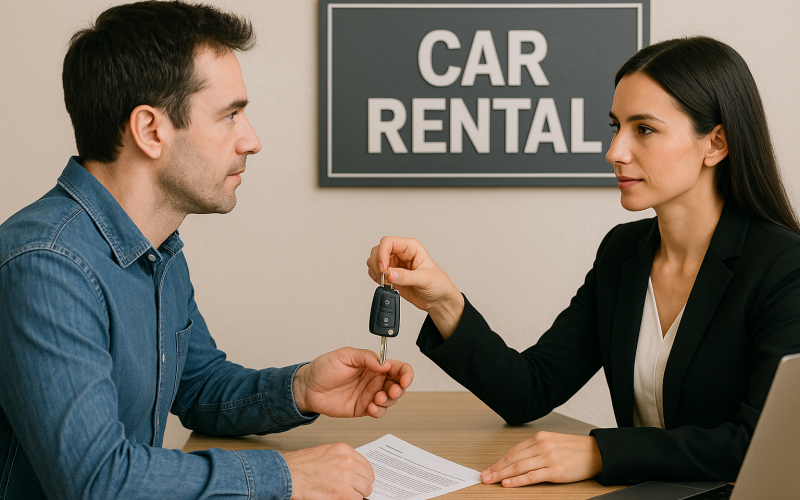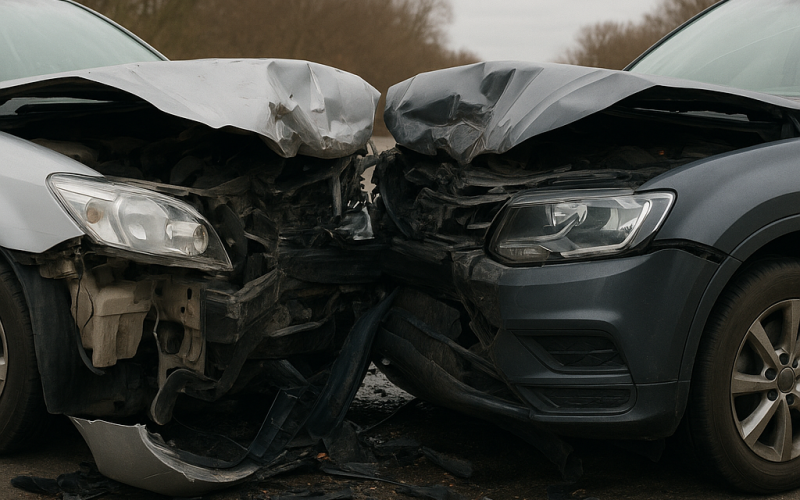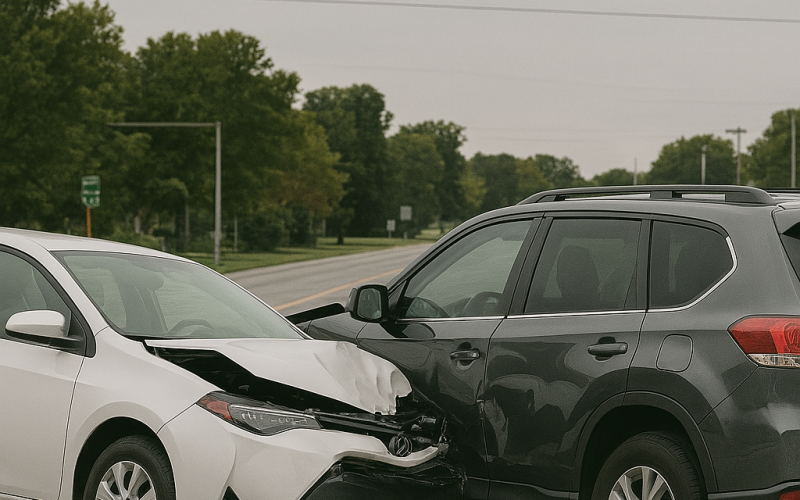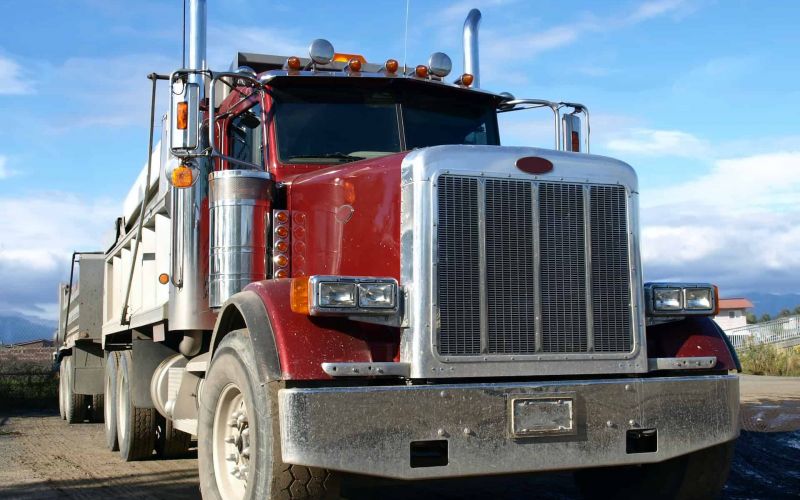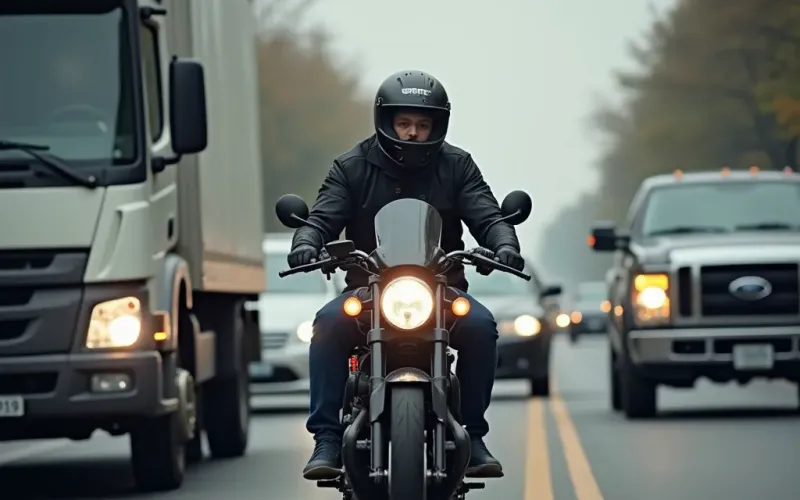South Carolina Vicarious Liability
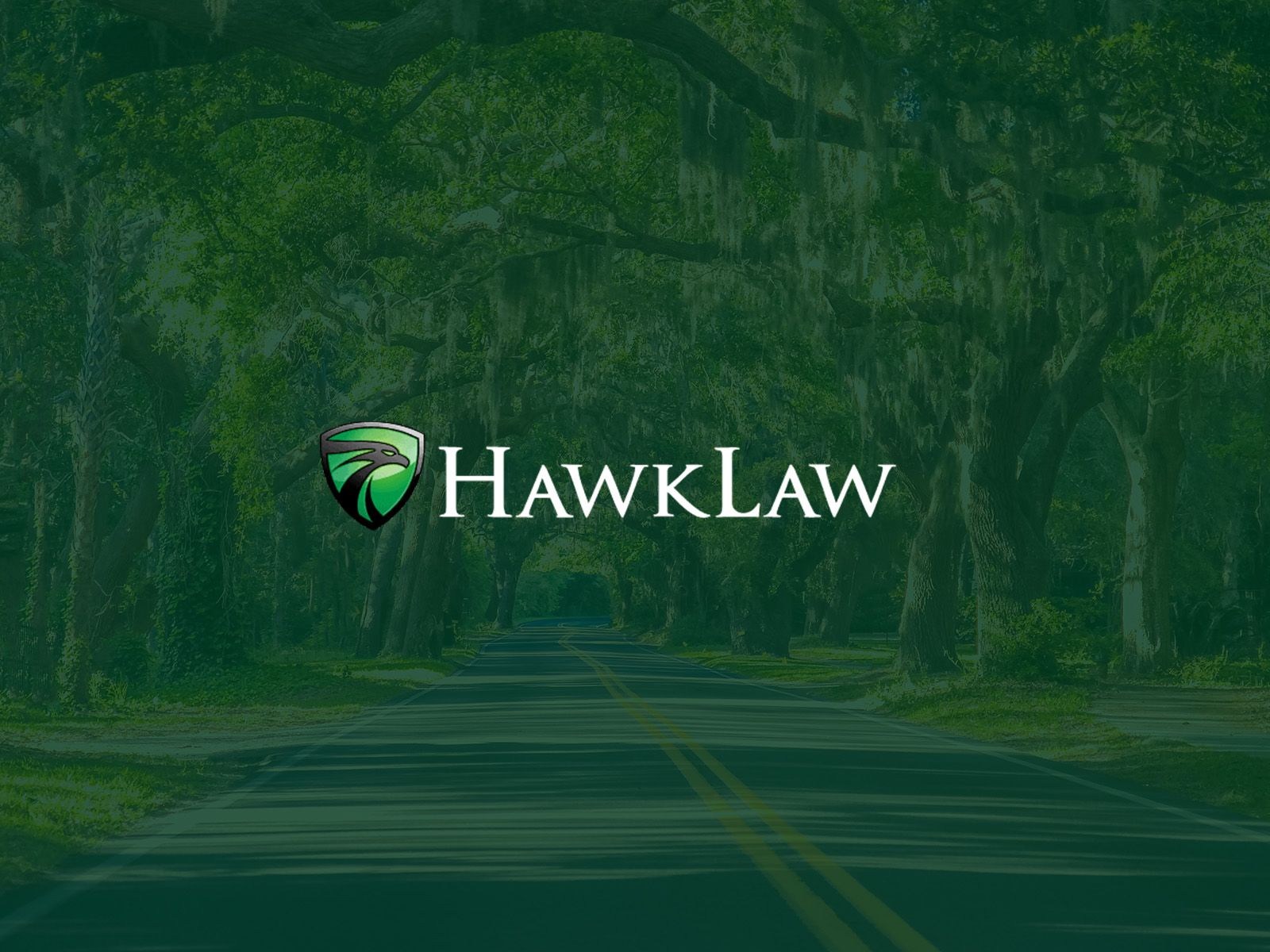


If you drive, it is more than likely in your lifetime you will experience a car accident. Or, you may experience injuries from another type of accident due to negligence, recklessness, or bad decision-making by another person.
Generally, individuals are responsible for their own negligent acts. However, under South Carolina’s vicarious liability law, you can potentially hold a third party financially responsible even if they were not at fault or directly involved depending on their relationship with the negligent individual.
Knowing who to go after for an accident is important as you will want the maximum compensation for your injuries and damages. The personal injury lawyers at HawkLaw, P.A. are here to help you get what you deserve. To learn more about how we can help, call us at 888-HAWKLAW.
What Does Vicarious Liability Mean in South Carolina?
Vicarious liability is the legal responsibility for someone else’s mistakes. In other words, one party is held responsible for the actions of a third party. A good example is an employer-employee relationship. For instance, in situations where a business owner has employees who have done something wrong, they are held responsible for the workers’ actions. However, it can even mean parent/child or car owner/driver; the key is the relationship as to whether vicarious liability applies.
Respondeat superior is a legal doctrine commonly used in tort that holds a third party to strict liability. In South Carolina, the employer, “as the employee’s master” answers “for the tortious acts of his servant, the employee” when the act occurred during the course of employment.
Examples of Vicarious Liability in South Carolina
Businesses are always at risk of vicarious liability. In terms of car accidents, vicarious liability can only be applied if the employee caused a car accident while in the scope of their job. However, vicarious liability can also be applied in other circumstances where employees’ actions caused another person harm during the scope of their employment.
Bullying
If employees bully fellow coworkers, customers, or other individuals while performing their jobs, the employer can be held responsible for these actions.
Copyright Infringement
Employers can be held responsible for the actions of employees who commit copyright infringement in the scope of their jobs. To prove vicarious liability for copyright infringement, two elements must be demonstrated:
- Employer had the right and ability to supervise or control the copyright infringement
- Employer directly financially benefited from said activity
Secondary liability occurs when the employer had knowledge of the infringement and/or had a material contribution to the activity.
Harassment
Employees who harass colleagues, customers, or anyone else during the course of their job can get their employers in legal trouble through vicarious liability. This includes sexual harassment, discrimination, and other acts.
Personal Injuries
Under vicarious liability in South Carolina, if an employee harms another person, either intentionally or unintentionally, the employer may be responsible to pay for the personal injuries suffered. For instance, an employee carrying boxes does not see a customer and accidentally knocks them down and they are hurt. Another scenario could be if an employee initiates physical violence against someone in the workplace, causing them harm.
Property Damage
If a business’s employees cause property damage, they can be held legally responsible for their workers’ actions. For instance, if a car dealership employee took a customer’s car for a ride and caused damage to the vehicle, the dealership can be financially accountable for repairs.
Slander or Libel
Workers who commit slander or libel during their workday put their employers at risk of being financially responsible for damages. However, even if employees who are wearing their company’s uniform while off the clock commit these acts, the injured party can potentially hold the employer responsible.
Essentially, employers are held liable because they are considered responsible for the actions of their employees while they are on the job. Under the law, in many instances, the court will view it as the employer should have been able to prevent or limit harmful acts their employees have committed unless they can demonstrate they exercised reasonable care to prevent the wrongful acts that caused harm.
The same principle can be applied if a child committed acts a parent could have prevented their child from doing, or the owner of a car could not have reasonably prevented what a person who borrowed the vehicle did while driving. Insurance coverage sometimes covers these damages, but it is important to speak with an experienced attorney.
What Is the Difference Between Vicarious Liability and Negligence in South Carolina?
Vicarious liability is a legal doctrine that assigns liability for an injury to a person who did not cause the injury but is legally responsible for the one who was negligent. Alternatively, negligence is established through the fault of the injury or accident. If an employee caused an accident during employment that was outside the scope of their respective job, then negligence will not fall to their employer. In this case, the employer’s liability is not a factor.
Essentially, negligence holds the individual responsible for their actions, not a third party as it does with vicarious liability.
What Are the Criteria That Determine Whether or Not Vicarious Liability Will Apply?
Whether vicarious liability applies or not will depend upon several factors, factors that will be evaluated include:
- Harmful effects resulted due to a party’s actions
- Whether the employee/other party had a duty to perform
- If a breach of performance of said duty occurred
- Whether recoverable damages occurred
- Time of the event that caused harm and where it occurred
If a plaintiff can demonstrate an employer, or another party, could have exercised control and responsibility over the party who caused injury or damage then vicarious liability may apply. Due to this possibility, to mitigate costs associated with being financially held responsible, along with buying general liability insurance, many businesses also purchase vicarious liability insurance as an addition to their professional liability insurance.
Are You Holding the Right People Accountable for Your SC Car Accident?
Suffering a car accident, or another incident that caused injury, can lead to long-term suffering, either through medical care or additional financial burdens the accident caused. You do not have to suffer alone. An attorney who is well-versed in South Carolina law could help you receive the compensation you deserve.
The legal team at HawkLaw promises to fight for you. We will help you determine who is responsible to pay for your suffering by identifying the individuals and legal relationships responsible. Our attorneys will also deal with business insurance companies for small business owners and other companies who may be responsible for covering the cost of your injuries. In many cases, their insurance policies may cover the costs of your injuries, and we can negotiate for you.
To request a free consultation*, call 888-HAWKLAW or complete the online contact form to speak with a member of our legal team.
John D. Hawkins
John Hawkins is the Founder and CEO of HawkLaw He has been licensed to practice law in South Carolina since his graduation with honors in 1994 from the University of South Carolina School of Law, where he was on the Law Review and Order of Wig and Robe.
-
$3,000,000*SettlementTrucking Accident
-
$1,005,000*SettlementCar Accident
-
$575,000*SettlementPersonal Injury
"*" indicates required fields




